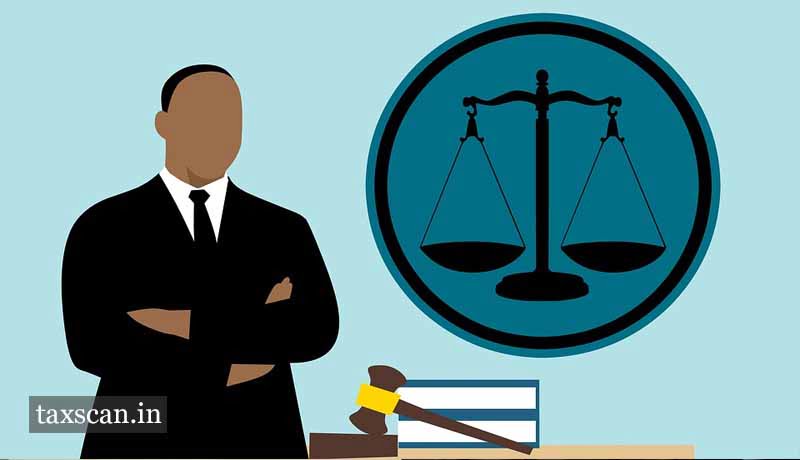Lawyer not empowered to make admission or statement directly surrendering substantial legal rights of client: Madras High Court [Read Judgment]

Lawyer – empowered to make admission – legal rights of client – Madras High Court – Taxscan
Lawyer – empowered to make admission – legal rights of client – Madras High Court – Taxscan
The Madras High Court held that a lawyer not empowered to make admission or statement directly surrendering substantial legal rights of the client.
The Appellant, GLT College was established in the year 1927 and from the inception is stated to be engaged in imparting training and education in Christianity, Lutheranism, religion, i.e. theology, and communication.
The grounds of challenge was that buildings, which are used for educational purposes, including hostel buildings attached thereto, are exempted from property tax under Section 101(c) of the Chennai City Municipal Corporation Act, 1919.
In addition, the demand was challenged on the basis that it relates to the period extending from the second half of 1998-1999 to the first half of 2007-2008, which is a period of about nine years. In spite of the claim being in respect of the arrears for a period of nine years, no prior notice was served to specify the reasons for the imposition of property tax.
The impugned order of the learned Judge records that the Appellant/Petitioner therein was willing to pay the amount demanded as property tax provided interest and penalty is not levied.
The division bench headed by Chief Justice A.P. Sahi noted that a lawyer generally has no implied or apparent authority to make an admission or statement which would directly surrender or conclude the substantial legal rights of the client unless such an admission or statement is clearly a proper step in accomplishing the purpose for which the lawyer was employed.
The court held that the impugned order of the Single Judge in each of the cases and the demand notices are set aside but the matter is remanded to the Chennai Corporation.
“The Chennai Corporation shall conduct an enquiry as to the entitlement of the Appellant to the exemption during the relevant period by providing a reasonable opportunity to the Appellant, including to produce all necessary documents to establish entitlement to exemption during the relevant period. Based on such enquiry, the Corporation shall pass orders on merits and in accordance with law within a period of three months from the date of receipt of a copy of this judgment,” the court added.


